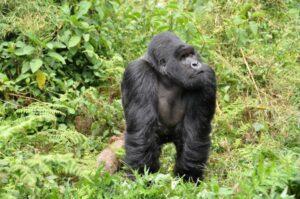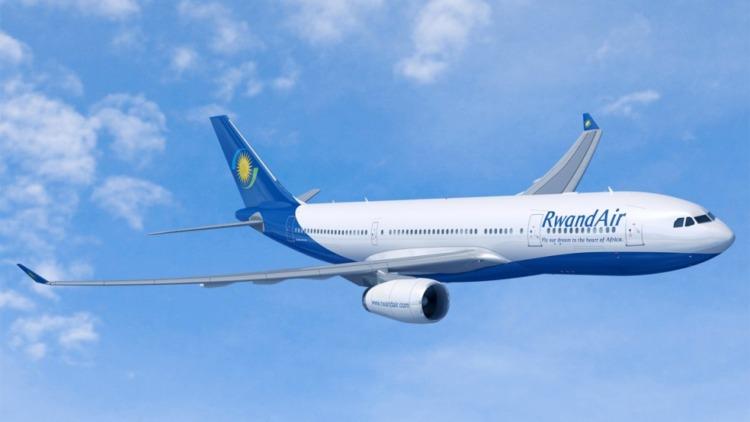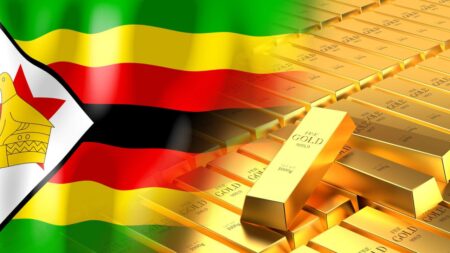A new report has revealed that Rwanda’s tourism revenues from international visitors dropped by an estimated 35 percent in 2020 compared to 2019, with the total of number of visitors dropping by 47.2 percent in 2020.
The report, Economic impact of the COVID-19 pandemic on East African economies by Deloitte indicates that in the months of April and May, Rwanda saw a drop of 100 percent in the number of international tourists following the announcement of the lockdown.
The losses related to Meetings, Conventions and Exhibitions (MICE) tourism were estimated to be around USD 80m for events that would have been hosted between Mar-2020 and Nov-2020.
The report shows that Rwanda benefitted on a global scale as from the third quarter of 2020 after being included on the European Union’s list of ‘epidemiologically safe’ countries for travel.
“The Rwanda Development Board (RDB) continues to promote tourism in 2021. The board has since reduced the price of permits for tracking endangered mountain gorillas by between 60 percent to 80 percent,” the report says.
It further indicates that the board has been offering attractive all-inclusive tourism packages for Rwandans and foreign residents.
The report therefore projects the Rwanda’s tourist arrivals to grow by 29.4 percent to 1.1 million arrivals in 2021 mainly due to the rollout of vaccine inoculations which will result in the easing of travel restrictions.
The growth will also be on account of increased incentives by the RDB to promote tourism.
Rwanda’s economic outlook 2021
Growth expected in aviation too
The report also projects the aviation sector to grow by 6.6 percent in 2021 as travel restrictions are eased following the rollout of the vaccines.
Further growth is also anticipated in future due to the planned construction of the Isaka-Kigali Standard Gauge Railway line.
Additionally, Qatar Airways’ purchase of a 60 percent stake in Bugesera International Airport bodes well for the sector.
The government in February 2020 sold a 49 percent stake in the Rwandair airline to Qatar Airways.
This followed the investment partnership between Qatar Airways and the Rwandan government made in December 2019 where the Middle Eastern carrier agreed to take a 60 percent stake in the new Bugesera airport (east of Kigali), a project worth nearly USD 1.3bn.
During the period, Rwandair cut between 8 percent to 65 percent off net salaries of employees in 2020, in a bid to reduce its operational costs following global travel restrictions that hindered operations.
Overall, the transport sector contributed 6 percent to Rwanda’s GDP, on average, over the past five years.
The sector is estimated to have contracted by 20.5 percent in 2020 compared to a growth of 12.3 percent in 2019 largely due to decreased land transport, logistical services, and air transport following the global travel restrictions and social distancing measures.
Domestic movement restrictions were partially relaxed in May 2020 but strict physical distancing measures were then mandated in public modes of transportation.
The price of average transport fares increased by approximately 23 percent compared to 2019, brought on by COVID-19 regulations such as the 50 percent reduction in public transport capacity.

COVID-19 pandemic/ PIXABAY
Pandemic effect on economy
Deloitte projects Rwanda’s real GDP to grow by 5.7 percent as compared to an estimated contraction of 0.2 percent in 2020, with public sector investment and consumption being the main drivers of the projected growth.
The country’s debt to GDP ratio rose from an average of 61.4 percent in 2019 to an estimated 66 percent in 2020 and is forecast to reach 72 percent in 2021 due to the anticipated increase in government borrowing and spending on infrastructure projects
Rwanda’s unemployment rate rose by 0.4 percent from 1 percent in 2019 to 1.4 percent in 2020 due to increased retrenchments as a result of the pandemic.
Meanwhile, the Rwanda’s foreign exchange reserves (excluding gold) averaged USD 1.2m in 2020, marking a 20 percent decline from USD 1.5m in 2019.
The Rwandan Shilling is however expected to remain under pressure against the dollar, depreciating from an average of RWF 899.4/USD in 2019 to RWF 943.3/USD in 2020 and is projected to deteriorate further to an average of 987.5RWF/USD in 2021.
Rwanda’s solar energy receives $9 million boost











